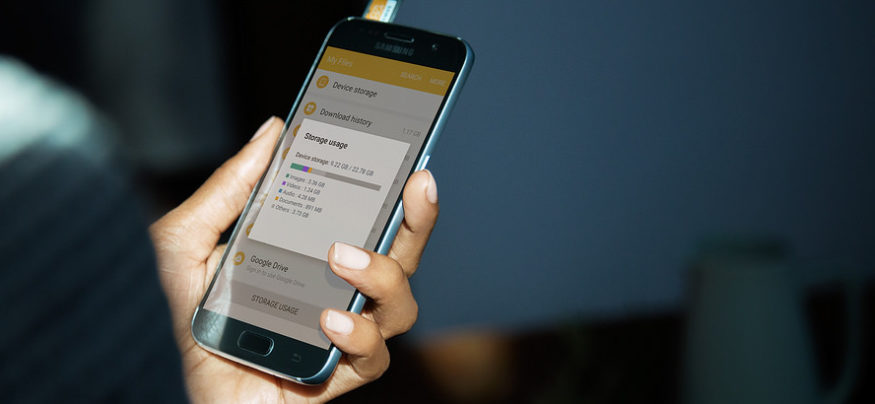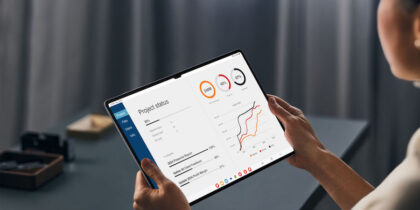Public Wi-Fi hotspots can offer a great deal of convenience when you are working remotely and need access to email or download large files to your laptop, tablet or phone. Paid or free public hotspots are available in a wide range of locations, including cafes and restaurants, transport hubs, hotels, recreational facilities and stores. However, public Wi-Fi security is a major issue that deserves more attention since it can lead to problems such as malware infections and data theft. According to a recent survey from iPass, cafes and coffee shops are seen as the riskiest locations for public Wi-Fi at 42 percent, followed by airports (30 percent) and hotels (16 percent).
Is Public Wi-Fi Safe?
A survey by PRIVATE WiFi in conjunction with the Identity Theft Resource Center (ITRC), almost three-quarters of respondents admit that they connect to their personal email over public Wi-Fi. However, 76 percent stated that they were aware of the dangers of identity theft over public Wi-Fi, but just 46 percent knew that there were measures that could be taken to protect themselves from these risks.
Mobile Security Is Crucial
Download this white paper to learn why Samsung devices are some of the most secure available. Download Now
The Harvard Business Review notes key concerns for unsecure Wi-Fi include man-in-the-middle attacks, followed by lack of encryption, operating systems that have not been patched, and spoofed Wi-Fi hotspots. Not only do these types of attacks lead to sensitive information being stolen, they can also give attackers complete access and recording capabilities on specific devices. To help prevent these attacks, here are four main steps you can take.
1. Avoid Where Possible
The first, and perhaps the most secure measure, is to avoid the use of public Wi-Fi. However, this is not always an option in today’s always-on world where connectivity is king. An alternative to help you avoid public Wi-Fi security issues is to purchase an unlimited data plan, and to tether your laptop to your smartphone for on-the-go connectivity. However, costs can be high and it may not be offered by a user’s employer.
2. Secure the Connection and Step Up Authentication
A reliable way of keeping information private when using public Wi-Fi, and one that is recommended by the ITRC, is to always use a VPN, which encrypts the connection to keep data safe and prevent the device from being tracked. Another recommendation is to only visit secure websites, specifically those that deploy HTTPS encryption, which can be determined by whether HTTPS is included in the website’s address line. Visiting unsecure websites can open up a user to the danger of information theft or of having malware downloaded onto their system. Users should also make sure to regularly update their mobile internet browsers to add an extra layer of protection.
An additional line of defense is to use two-factor authentication, which should be used especially for sensitive operations such as financial transactions. This requires users to type in a security code that has been sent to them by a text message, which prevents others from accessing the device, even if they know information such as the email account and associated password.
3. Disable Services When Possible
Whilst it may not always be possible or even desirable to avoid public Wi-Fi hotspots, it’s good security practice to turn off Wi-Fi when it’s not used. This prevents the device from searching for a nearby hotspot and connecting to it without user verification.
Similarly, Bluetooth should be turned off when not needed, since numerous security attacks against Bluetooth have been recorded. File sharing should also be disabled whenever possible to prevent data being shared in the public domain.
4. Boost Security on the Device Itself
Some public Wi-Fi security issues can be prevented through device security controls. Many devices offer firewalls, and there are numerous options available for anti-virus and anti-spyware controls. However, it’s vital that such controls are patched and updated as soon as fixes become available.
The same goes for the device’s operating system. One of the best options is to use devices that have high levels of security built into them, such as those offering the Samsung Knox platform, which deploys multiple layers of security controls including on-device encryption and strong VPN support.
Public Wi-Fi is here to stay and is becoming more and more pervasive — its ubiquity is something that’s highly convenient for the everyday mobile user. But public Wi-Fi security issues are real, and taking just a few relatively simple precautions are a must for keeping your information safe.
Are unpatched security vulnerabilities worth the risk? A recent report shows just how much known vulnerabilities can cost your business.






